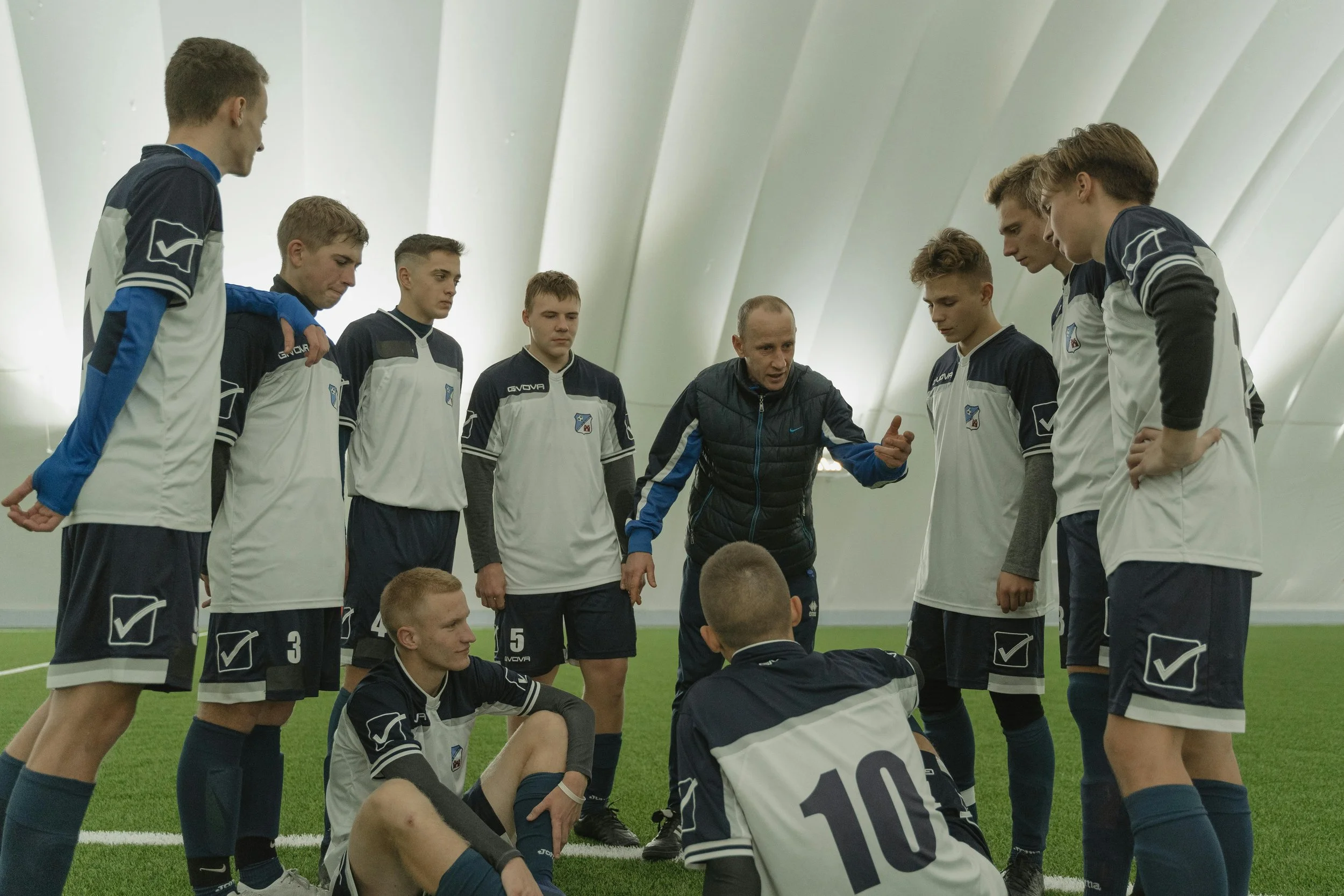How to be Recruitable For College Soccer Coaches
Playing college soccer requires a lot more than technical skills, athleticism, and soccer IQ. As if the demands of high-level sports weren’t steep enough, aspiring college players must additionally master the art of relationship building.
Since college coaches don’t have the resources to travel the country and discover potential recruits in person, they typically choose from a pool of players they’re already familiar with. So, even the most talented athletes must take the initiative to personally introduce themselves to coaches and build relationships with them before they are finishing their sophomore year in high school (while coaches aren’t able to reach out to players before the June 15th before the player’s junior year, players are able to reach out to coaches before that).
It’s time to apply that same work ethic you use on the field to ensure you are in the recruitment pool for the colleges you want to play for.
Here are a few key strategies for making yourself recruitable to college coaches efficiently and effectively:
Be Realistic About Your Level of Play
Look at college soccer as a numbers game: the top 7-10% of youth players make it to college soccer – at any level. It’s roughly the top 1% or so that play D1. So while you may be the star of your club team, that won’t necessarily mean college coaches are lining up to court you.
On the men’s side, the top D1 programs are chasing the youth players that are trying to decide if they should sign an MLS or USL contract at 18 or forgo that for a season or two of college ball. On the women’s side, the top D1 programs are going after the star players at the top ECNL & GA teams in the age group.
Or, to put it another way: in a city of 1,000,000 people, there are approximately 650 soccer players per age group (325 boys and 325 girls). The top 7% means they are one of the 23 best in the city. The top 1% means they are one of the top 3 or 4 players citywide in the age group.
College coaches typically know the top clubs in areas they recruit, and they will naturally assume the players at the top 2 or 3 clubs are the ones they should be looking at. If you fit into that category, great! If you don’t: it doesn’t mean your path ends here. It just means that you have a little more work to do to become recruitable.
Introduce Yourself to Coaches Via Email
Your first interaction with the coach of a program you’d like to play for will most likely be an introductory email where you’ll share some information about you as a player and student as well as a highlight clip. Think of it as a soccer resume.
Coaches are bombarded with emails from potential recruits on a constant basis. A good introductory email is your chance to stand out by explaining why you’re interested in their program, and why you’d be a great fit for the team. Is there something about the coach you find interesting or inspiring? This is also where you can put your unique personality and your deep passion for soccer on display.
Once you’ve told the coach a little about yourself in a few sentences, tell them which upcoming tournaments and showcases you’ll be playing in. And make sure to follow up with them throughout the season! Follow their program, send them an email a month so they know you’re following them, and share updates about how your club season is going. This will create more of an opportunity for them to check out a game of yours at an upcoming showcase.
What To Include in an Introductory Email to a College Soccer Coach
Assume the coach is getting 100 emails from potential recruits for 7 or 8 spots on their roster. Your email should be a compilation of relevant information about your soccer history thus far. This could include your best time 40-meter dash, or any big tournaments you’ve won.
We recommend starting with basic information, such as:
• Club team name and coach (plus your coach’s contact info)
• League your club team plays in
• Name of high school and graduation year
• Your height and weight
• Positions played
• Goals + Assists (if you’re an attacker or winger)
• Shutouts (if you’re a goalkeeper or defender)
Make sure to also include your academic accomplishments such as your:
• GPA, SAT or ACT scores
Any other academic achievements.
If the coach is down to two players and everything else is equal, they will always take the athlete with the better academics, so don’t slouch on touting them. And make sure to give academic updates in your follow-up emails as well as soccer updates.
At Beyond Goals Mentoring, we understand that relationship-building is a legitimate skill that many soccer players are not accustomed to. That’s why we’re dedicated to guiding young athletes through the various stages of the recruitment process, from creating a soccer resume to emailing coaches to choosing the right college for their future.
So, if your athlete isn’t sure where to start when it comes to college recruitment, let’s set up a mentoring session today.

